AFRICA | Those Francophone Coups, start of the Africa Liberation Revolution ?
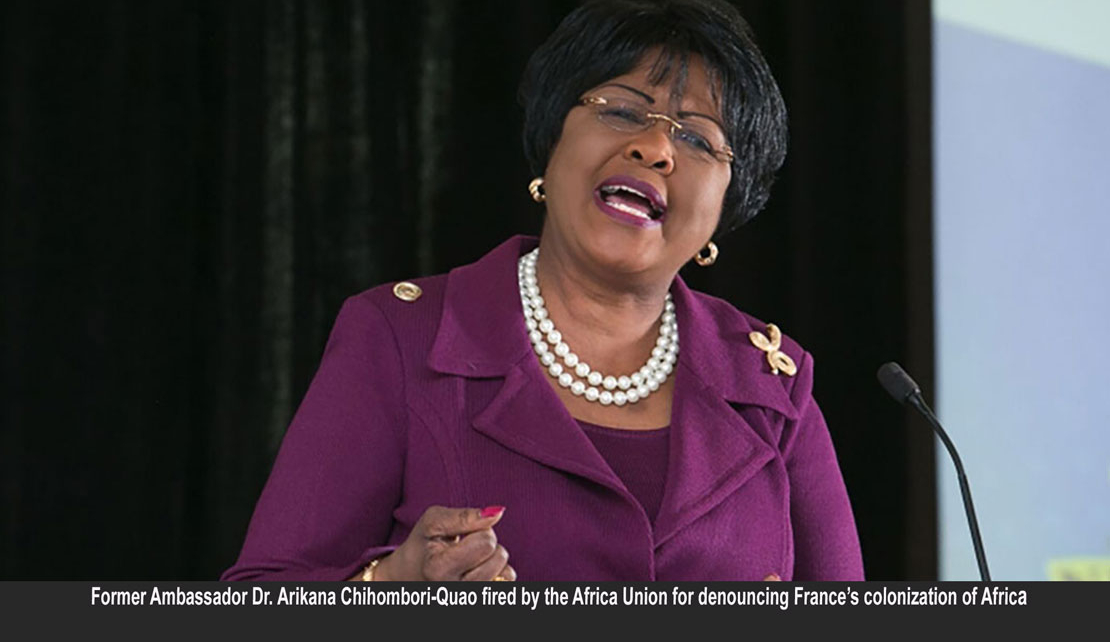
There is a new wind blowing across Africa where former colonies have moved to change their destinies consistent with the call from the P. J. Patterson Institute for African Caribbean Advocacy for Africans to navigate beyond their current realities to obtain full freedom and justice for persons of African descent no matter where they are.
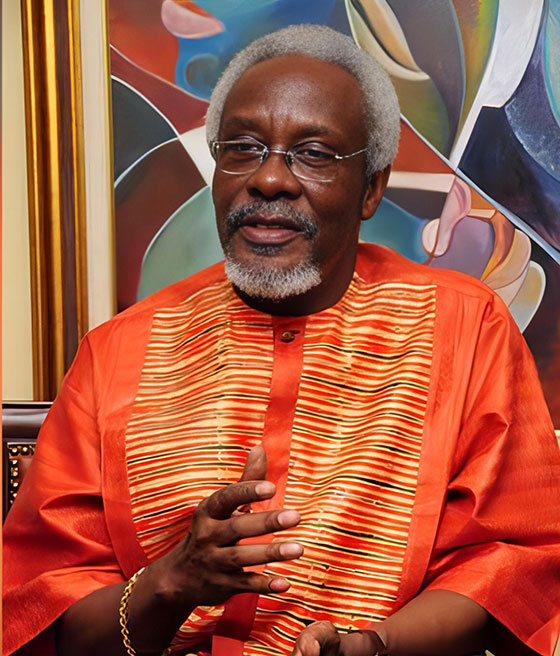
Patterson observed that “Africans are ready and determined to go beyond the acceptable rhetoric and prism of western hegemonic superpowers.
“The time has come for a new paradigm, where unity, cooperation and the ideologies of Pan-Africanism must be reinvigorated and reimagined,” he said.
“Our experiences of exploitation - human, economic and political- when combined with the Fourth Industrial Revolution, ICT driven, demands this decisive shift.
“The new age driven by technological advances and information proliferation, far more than any other epoch in history, presents tremendous opportunities for unity and cooperation for African nations – continental and diasporic, " Patterson declared.
Patterson's concerns were also expressed by the outspoken Barbados prime minister Mia Mottley, who, in talking about the introduction of Afreximbank to the Caribbean said “It is the political will that first and foremost makes the difference to whether we are prepared to rise to the occasion and to overcome the challenges that hitherto have been placed before us.
The challenges that were foisted upon us by colonialism and division, by language, by religion, by those who understood that as long as we could be divided, the dominance of those of a lesser number could preside,” said Mottley.
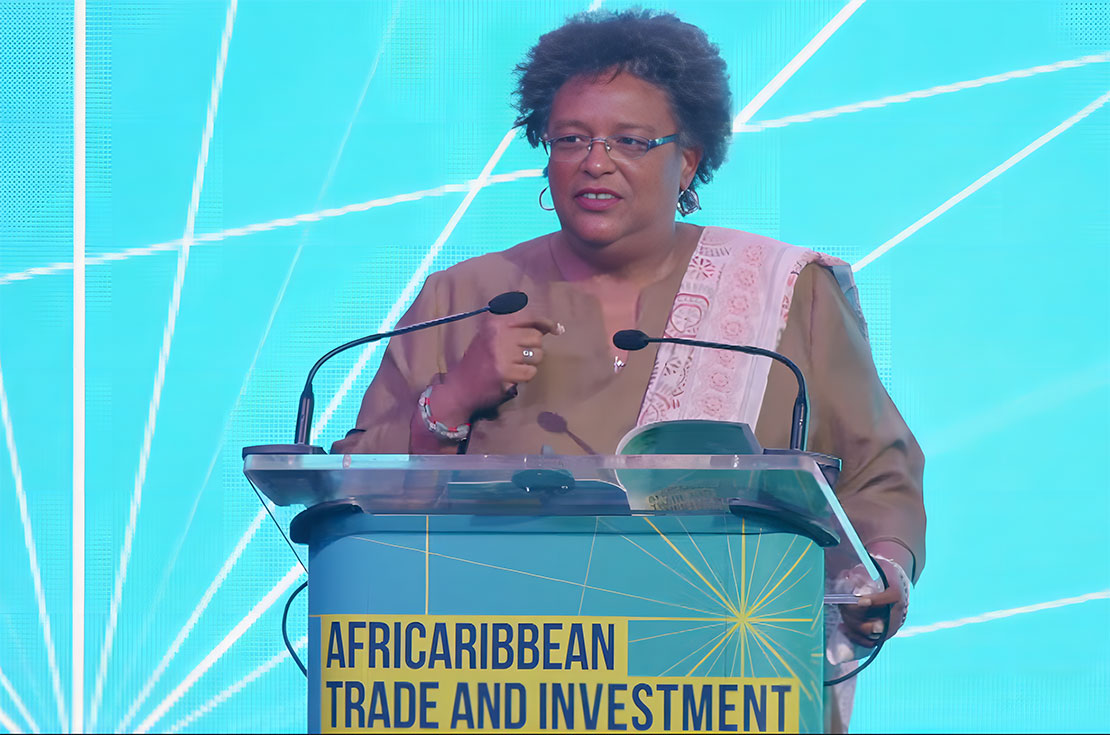
The only people who can be blamed for the absence of that connectivity now are no longer those who colonised us but those who are in the seat today to make the difference.
It is against this background, that the recent military coups in Mali, Guinea, Burkina Faso and now Niger - which are all from francophone countries, and to a large extent popularly supported - not only indicate that France is gradually losing grip of its former colonies, but also that Africa has begun to awaken from its slumber.
Neo-colonialism has thrived for a long time and it appears that Africans have woken up to demand that countries in the continent should be allowed to take charge of their destinies.
While the coups have come as a surprise to many, It was no surprise to persons like former prime minister PJ Patterson,who continue to have an intimate working relationship with many african leaders.
In addition, the former Permanent Representative to the African Union Mission in Washington DC, Dr Arikana Chihombori-Quao from Zimbabwe, who was fired by the AU because she denounced the French colonization of Africa, was equally not surprised!
She told the Arise television programme in Tennessee USA on Thursday, that “The writing has been on the wall for a long time when it comes to France,” adding that “What’s happening now in Africa is a revolution.”
Dr Quao says the coups have come like “a revolution similar to what saw the demise of the mighty Roman Empire and the fall of the mighty British Empire,” noting that “There’s no way the West would have continued to plunder Africa’s natural resources, abuse the Africans for as long as they have.
The end is here and I hope France can see the handwriting on the wall. This is just the beginning of the African revolution and it is not going to stop.”
“I think that France has gotten away with a lot over the years and it is not just France, most of the western powers. I hope that they would see that what happened in Niger and other countries in west Africa is a very significant movement that I hope the West will look at and consider very seriously in terms of their foreign policies on Africa. What they’ve done in the past is simply not going to work anymore.”
Asked whether the coups in the four African countries are not similar to what we’ve had in the past, she said “I see what’s happening in Niger, Burkina Faso, Mali and Guinea very differently. If you look at the previous coups, those were orchestrated by Western powers; majority of course orchestrated by France.
“They had their own intentions; a few are documented showing that the leaders were trying to do what was ultimately best for their people and those leaders were assassinated. The difference between these coups are coups being led by our people. The people have spoken. The people truly understand the issues and are standing up to say what has been going on is unfair, and unacceptable.”
Dr Quao who noted that on a personal level, she feels uncomfortable even calling them coups, revealed that “This is a situation where people are basically desperate; where they know they are rich in natural resources and yet the majority of the people are extremely poor. I would like to call what is happening in these four countries an ideological realignment of their economic, political social values.
“At some point if you look at the situation with the former French colonies, before even a president comes to power, there are certain no-go areas that the president must not touch because if you do, you may not live to see the end of the day. These are areas like the military, finances, the reserves that must be deposited with the French treasury and the natural resources.
“So, if you are an African president coming to power, you are told as long as you stay away from discussions pertaining to their presence and military presence in the country, training of your military by France, equipping of your military by France, don’t talk about the natural resources whose French companies have the first right of approval, do not talk and make sure you continue to deposit your bank reserves with the French Central Bank… If you avoid those areas, then you are free to run your country any way you want.
“Now what kind of a leader is that? What environment are you going to be occupying and managing and running your country with all those major areas of economic development no longer accessible to you? The whole thing is mind-boggling that we have gone through over so many years.”
Why the last four coups are different
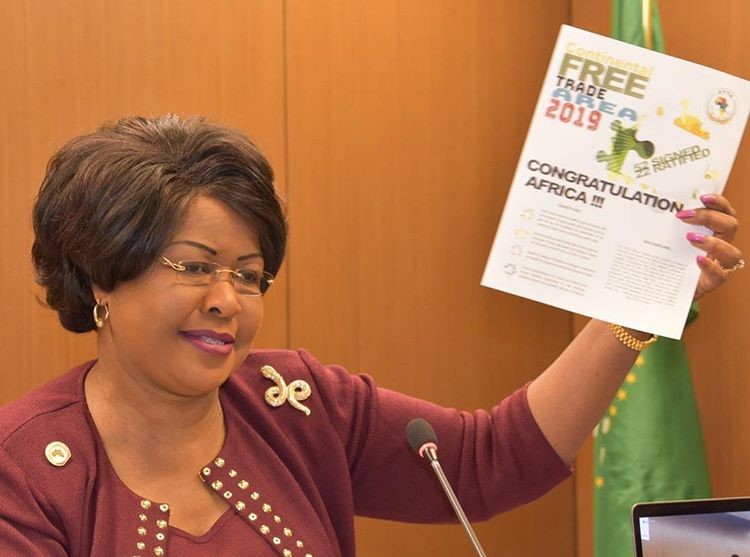
“Most of Niger is not electrified while their uranium is electrifying France and Europe. At every level, it is unfair, unacceptable and I don’t know how the Western powers go to sleep everyday knowing of the carnage, the havoc they are creating in Africa and hope that this will go on forever.
“The children of Africa are now awoken, they can see clearly and simply standing up and saying enough is enough. So yes, we don’t like coups but the last four coups are very different. The citizens themselves are backing those who led the uprising and it is a warning to the Western powers that the African revolution has begun and those who will align themselves with the people will survive the revolution taking place in Africa.
“Its also true with African leaders; those who align themselves with the wishes of the people are the ones who are going to survive this revolution. The children of Africa are going into the streets not along party lines but united. As citizens they understand that this particular fight has got to be dealt with from a national level. And hope with time it will be dealt with from a continental level because the exploitation of the continent has to stop.”
ECOWAS planned military action not a good option
In commenting on the planned military intervention by the ECOWAS defence chiefs following their meeting in Accra, Ghana’s capital, last Wednesday, Dr Quao observed that “I don’t think it’s a good option.
“I want to ask the same people discussing about having a military intervention in Niger, let me remind you about other coups that we are not talking about that we should be talking about. By France forcing Niger to send all its natural resources to France, that’s a coup. By France having its own military in Niger and forcing Nigeriens that you can only be trained by France, that’s a coup. By forcing Niger to deposit 50% of its reserves with France, that’s a coup.
“The question I have for those sitting on the table during those AU Peace and Security meetings, what have you done about those coups against the African citizens in those countries?
“And while they discuss what to do with Niger, I would want them to table those economic and political coups in those 14 former French colonies and come up with solution because behind those coups I just described from France, there are millions of children dying from starvation, millions of unemployed African youths, millions of women dying while giving birth to another life. I want them to put that on the table if their interests are truly about Africans.”
Most African leaders serve the interest of Western powers — Okhai
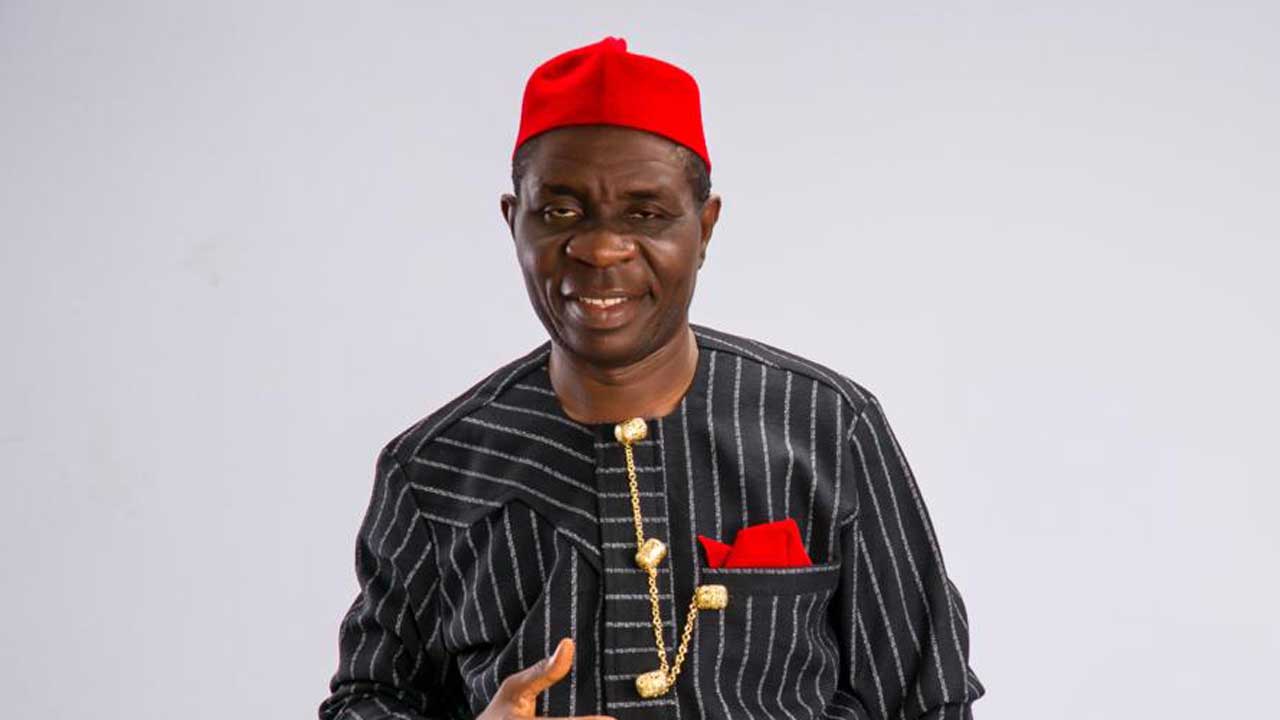
Dr Okhai further referenced the industrial revolution as a source of exploitation of African countries by the West. “The development presents an opportunity for African to begin to renegotiate its trade and economic policies with these Western powers.
At the heart of all this problem is the industrial revolution that started in the 19th century and there was a need then for Africa to feed these industries with resources which these industrialised countries didn’t have and after slavery, that was the next level.
“So, it has continued. It has always favoured them to get these resources to feed their factories and their manufacturing concerns at the expense of Africans. We have been impoverished for so long and this has gone on for too long.”
He likened the situation to that of a child who has grown to demand his father’s inheritance saying that “It is time for Africans to demand for their inheritance and what rightfully belongs to them. And how it is going to happen, will now be on our own terms. I’m hoping that this will be sustained if there are no stooges.
“What is causing the uprising across francophone countries is that they install people who are favourable to them, and turn a blind eye if a man stays there for a hundred years as long as he does whatever is favourable to them. But the minute you do what is not favourable to them, you are public enemy number one.”
This story is based on a special report in The Vanguard featuring Dr.Quao's interview on Arise TV programme from Tennessee in the United States on Thursday.
